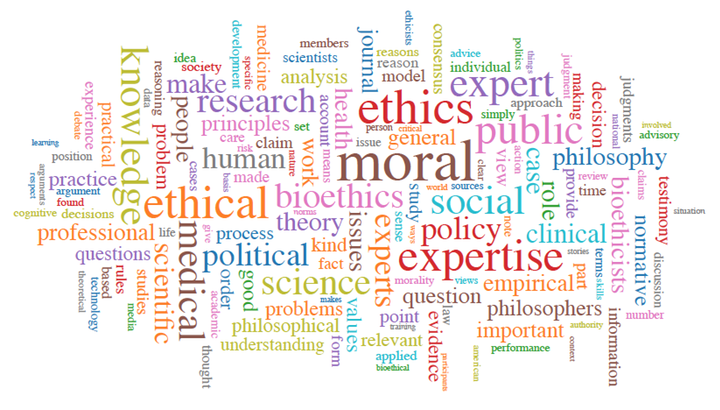Regarding the Kavanaugh situation, I for one am thrilled that there will be an FBI investigation. Several fascinating issues came up that would not have appeared in merely written statements.
Issue #1
Dr. Ford stated that she did not pay for the polygraph nor is she paying for legal fees. Her lawyer stated to the Committee (i.e. jail time if he lied) that all his team is working pro bono. So I hope the FBI is involved in making sure that every dime of the $700,000 GoFundMe money that was collected under false premise is returned. Otherwise, Dr. Ford would then have been paid $700,000 for bringing the allegation against Judge Kavanaugh, and that would seriously hurt her credibility. So I hope her lawyers have already started the refund process and it will be complete before the vote next week, just so everything is above board.
Issue #2
I hope the FBI can determine who leaked Dr. Ford’s letter. In her testimony she said only three groups had it: Feinstein’s office, her senator’s office, and her lawyers. From Feinstein’s indignation it is credible she did not leak it. The senator from California is too junior to make that much of a political suicide move. That leaves Dr. Ford’s lawyers. Who also failed to tell their client that her request for anonymity was acceptable to the Committee. Ford’s lawyers failed to tell her that in fact the normal way to handle such information as she wished to give the committee was private and her name would not be made public unless there were extenuating circumstances. Which leads directly to….
Issue #3
Lawyers in very expensive suits not taking money from their client failing to act in a manner that guaranteed their alleged sexual assault victim the privacy she requested. That does raise the question of where is the money coming from then? I do hope the FBI investigation uncovers that. There is not one lawyer, but at least 5 that were with Dr. Ford at the hearing, and that kind of time ranks up hundreds of thousands of dollars. Plus the polygraph administrator. Plus the hotel rooms and travel expenses of the lawyers. I certainly want to know who paid for all that. It does seem to substantiate Judge Kavanaugh’s claim that somebody is orchestrating a smear attack on his character. By all means, let’s have an FBI investigation into this entire matter.




